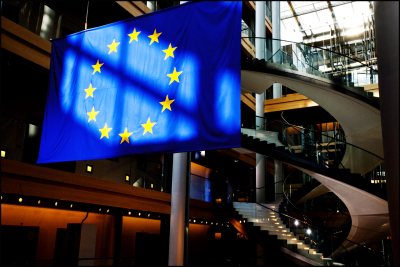4 February 2021, Brussels
Three new reports (available to download at the bottom of this page), released today by Transparency International EU (TI EU), show that the European Parliament, European Commission, and Council of the EU all have shortcomings in their integrity and transparency mechanisms – some of them serious. Unlike the Commission and the Council, the European Parliament refused to cooperate in the research of the study, barring its officials from speaking to our researchers.
The three studies are an update of the 2014 assessment of the EU integrity system and although advancements have been made over the last few years, there are still significant areas for improvement.
“A major issue we identified across the institutions is that they are effectively self-policing when it comes to sanctioning breaches of their internal rules, and that they often lack the political will to do so.” said Leo Hoffmann-Axthelm, Research and Advocacy Coordinator at Transparency International EU, and the lead author of the three reports.
In the European Parliament, sanctions for potential breaches of rules and possible conflicts of interest concerning MEPs are currently decided by the President advised by an Advisory Committee which is also composed of MEPs.
The European Commission has a new ‘Independent Ethical Committee’ which assesses so-called ‘revolving door’ cases. However, the group cannot initiate investigations into potential conflicts of interest by itself, as it can only act on a request by the Commission President.
In the Council, the fact that almost all legislative work takes place in its preparatory bodies composed of member state representatives means that the institution is able to circumvent the normal transparency standards applicable to the legislative process under EU law. “You cannot disclose what governments are up to if you do not write it down in the first place”, noted Hoffmann-Axthelm.
“The current culture of self-regulation and ineffective sanctioning mechanisms in the EU institutions highlight the urgent need for an independent EU ethics body” said Vitor Teixeira, EU Political Integrity Coordinator at TI EU. “Such a body must be well-resourced, be able to initiative its own investigations and have enforcement authority over MEPs, Commissioners, and officials involved in breaches of ethical rules.”
The full reports are available here:
Note:
- A full list of recommendations that are specific to each institution can be found in each report






